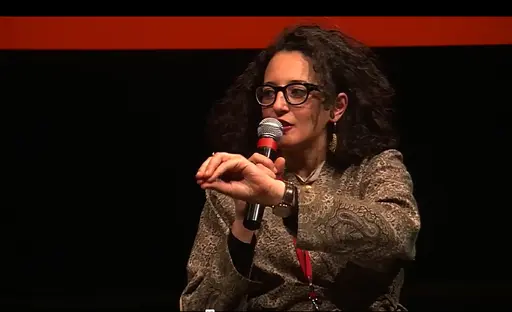
Author(s)
Rasha Salti, Ranjit Hoskote
As part of FORMER WEST: Documents, Constellations, Prospects, 18–24 March 2013 at Haus der Kulturen der Welt, Berlin, art critic, poet, and curator Ranjit Hoskote convened a forum on “Insurgent Cosmpolitanism” with cultural theorists and artists whose work addresses and performs the insurgent cosmopolitan condition.
As a worldview or way of being, cosmopolitanism has long been open to the charge of being unanchored with respect to a commitment to a specific national or regional reality. The notion of insurgent cosmopolitanism locates itself in opposition to the idea of a universal, normatively dictated “global culture,” to which the cosmopolitan supposedly subscribes. Here, on the contrary, the cosmopolitan moment is located in the uncertainty, surprise, curiosity, and receptivity that attend the heuristic releasement of the self to the Other, on the basis of perceived affinities of predicament, yet in the awareness of radical differences. Such encounters among disparate subjectivities produce a multi-local sense of belonging, and allow citizens of postcolonial societies to transit from a territorially bounded sense of national space to a post-national cultural latitude. They also permit a dissolution of the dogma of “rootedness” through the mode of critical yet empathetic regard towards one’s location in a society or nation-state. Film theorist, writer, and curator Rasha Salti engages with Ranjit Hoskote on these subjects in a conversation title “Radical Encounters.”
Related
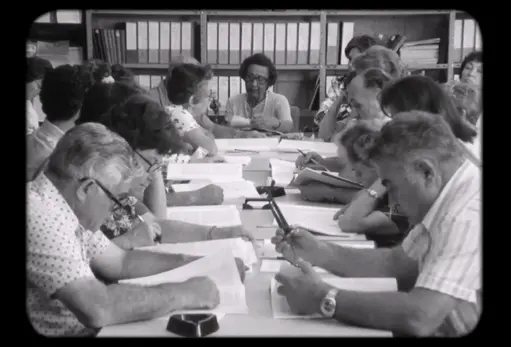
De moderne natiestaat hoort etnisch en cultureel homogeen te zijn; na de Tweede Wereldoorlog hebben beide Israel’s toepassing van Zionisme en Arabisch Nationalisme versies van dit purisme opgenomen—met als gevolg dat alles wat zich weigert aan te passen van de sociale gemeenschap wordt weggewerkt en buitengesloten. Na de Zesdaagse Oorlog paste Israëlisch schrijver Jaqueline Kahanoff de notie van Levantinisme toe om het nationaal narratief te betwisten vanuit het perspectief van een minderheid, beïnvloed door haar herinneringen aan koloniaal Cairo. Door zich te verhouden tot Kahanoff’s Levatine schrijfwerk pogen Eva Meyer en Eran Schaerf om het Levantinisme te heronderzoeken; niet als een kant-en-klare oplossing, maar als een complexe en overtuigende —hoewel gecompromitteerde—problematisering van de staat zoals we hem kennen.

As part of FORMER WEST: Documents, Constellations, Prospects, 18–24 March 2013 at Haus der Kulturen der Welt, Berlin, art critic, poet, and curator Ranjit Hoskote convened a forum on “Insurgent Cosmpolitanism” with cultural theorists and artists whose work addresses and performs the insurgent cosmopolitan condition.
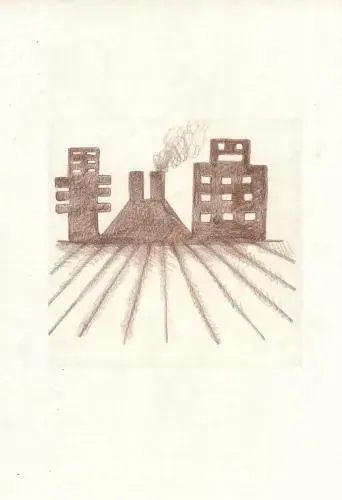
Mariana Botey’s tekst The State Is Coagulated Blood and Bones is geschreven als een proloog op Cooperativa Cráter Invertido's codexstrip Sangre Coagulada y Huesos (Coagulated Blood and Bones, 2021). De twee bijdragen zijn in samenwerking tot stand gekomen en moeten parallel gelezen worden, voor een wederzijdse opbreking van tekst en beeld.
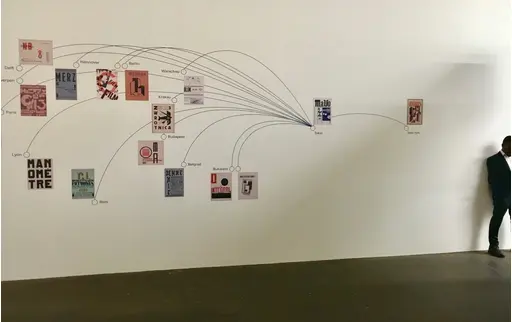
Long weaponized in the service of capital by the agents of neoliberalism, the nation-state is once again upheld as the bulwark of a white ethnos, securing privilege against migrants and immigrants, and against other nation-states in relations of neocolonial dependence. Meanwhile, contemporary art—the globalist heir to modernist internationalism—has become an investment languishing in freeports or stored in the blockchain.
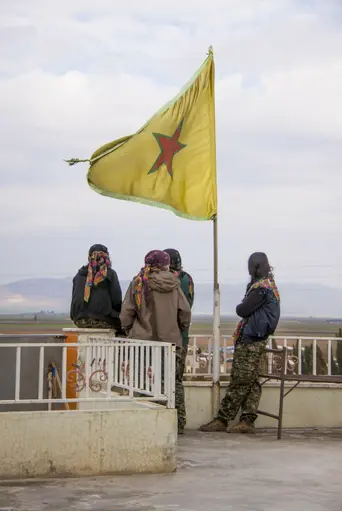
Uit: New World Academy Reader #5: Stateless Democracy, Renée In der Maur and Jonas Staal in dialoog met Dilar Dirik, red. (Utrecht: BAK basis voor actuele kunst, 2015), pp. 27–54
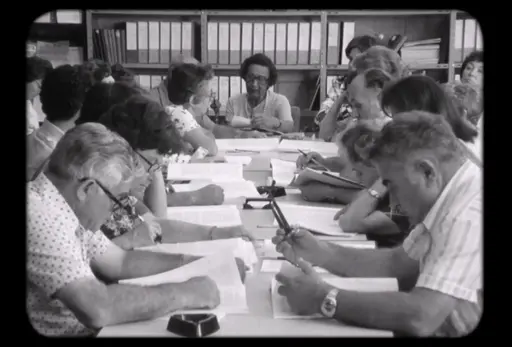
Uit: Once We Were Artists, Maria Hlavajova and Tom Holert, eds. (Utrecht: BAK, basis voor actuele kunst en Amsterdam: Valiz, 2017), pp. 32–52
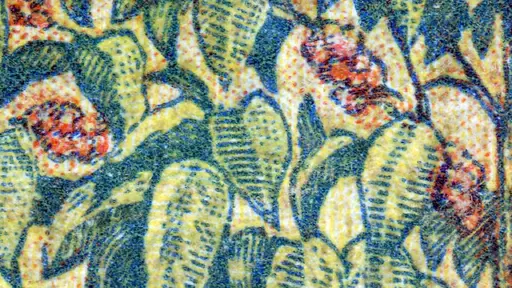
In 1970–1971, Guyanese radical historian and anti-colonial activist Walter Rodney gave a series of lectures on the historiography of the Russian Revolution at University of Dar es Salaam, Tanzania. Inspired by C. L. R. James’s historical work on the October Revolution, Rodney set out to reveal the parallels between the problems confronting the postcolonial regimes in Ghana and Tanzania, and those that the Bolsheviks faced in building the Soviet state.
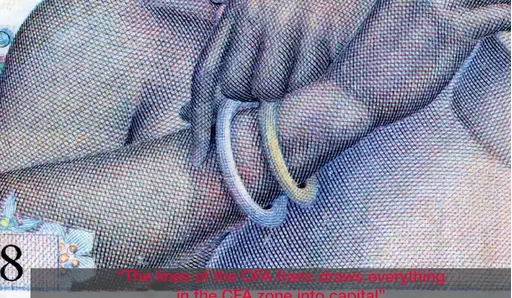
De video The Cut, The Punch, The Press (2021) is onderdeel van Mercurial Relations (2016–doorlopend), een onderzoeksproject van Nina Støttrup Larsen gericht op de munteenheid de CFA-frank.
